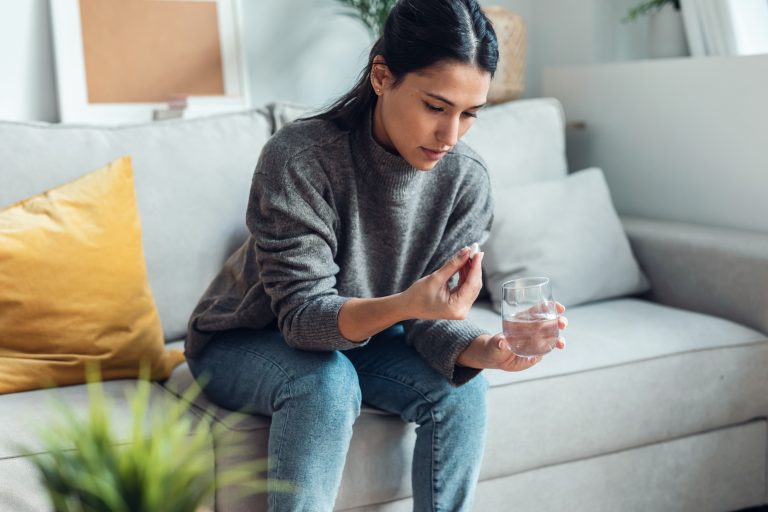Has Covid Undercut Social Cohesion and Boosted Anxiety?
The Covid pandemic really scrambled a lot of our traditional social cohesion. There are a number of potential reasons for why people might be socializing less. They include fears of getting sick, for one. In addition, many people are no longer working at the office. Instead they are working from home, which cuts down on… Read more

Reviewed by The PsychPlus Team
January 23, 2023

The Covid pandemic really scrambled a lot of our traditional social cohesion. There are a number of potential reasons for why people might be socializing less. They include fears of getting sick, for one. In addition, many people are no longer working at the office. Instead they are working from home, which cuts down on social interaction as well as opportunities to go “out on the town” with your colleagues after work. And the third factor that I think is important to consider is the vocational insecurity that a lot of people are feeling given a lot of the layoffs at companies. It’s hard to socialize with your friends and spend money on restaurants or trips when you’re worried that you might be laid off at any minute. Given all this. It’s not surprising that a recent poll shows that fully 42% of Americans state they are less sociable than before Covid and 36% respond that their quality of life is worse off now and 30% think they are more anxious now.
Find a mental health care provider near you
Learn about the conditions we treat


